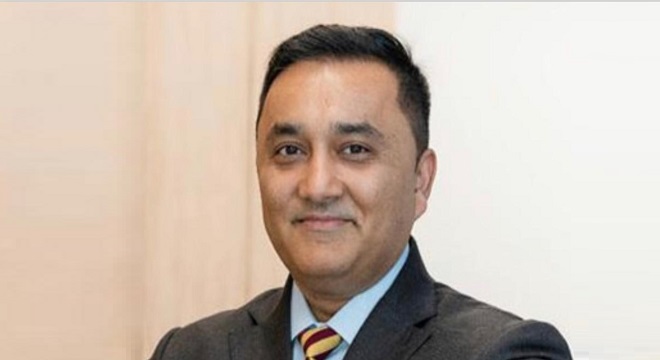La-Femme (Healthcare Groups) – The ongoing global Covid-19 pandemic presents a unique conflict to healthcare businesses across the region at current. While hospitals operated at the forefront at maximum capacity to manage Covid and emergency cases in these unprecedented times, multiple “elective” departments such as plastic surgery, dentistry, aesthetic dermatology, and ophthalmology were given the short end of the stick during periods of intense lockdown, resulting in financial loss.
Karan Rekhi, CEO of Forte Healthcare, a renowned consultancy firm, observed that healthcare chains were seen to be more resilient than their counterpart, the humble standalone clinic. These chains benefited and cut costs as they were able to shuffle their staff, rotations, and rapidly make adequate adjustments within their own facilities to accommodate the changing landscape. Standalone clinics, alternatively, were forced to shut down operations entirely and made to implement solutions upon reopening, functionally arresting their operations with alternative patient flow management as advised by regulatory authorities.
Services provided involve establishing an institution right from its commencement; from the basics of strategic business planning, executive searches, and operations management, to specific healthcare-related actions such as equipment planning, healthcare management, and business setups. They warn that the upcoming 18 months will drastically shift dynamics in this sector, but with proper guidance moving forward, should not be an area of concern to investors of big chains.
Forte Healthcare provides excellent advisory services to healthcare investors and institutions, and have successfully catered to over 116 startups for over 2 decades. They established last year in The UAE, with a vision to endorse diversity and novelty in the field of healthcare.
“Due to heavy financial investments made prior to lockdown, borrowing interests piled up on many healthcare clinics, leaving them with few options on recouping losses.” Rekhi reflects.
The UAE underwent a mandated 2 month lockdown in the beginning of 2020 to contain the virus, initially seen as a source of dismay to investors. “Lockdown was painful for many sectors and healthcare was undoubtedly one that took a hit,” Rekhi claims, “however, these businesses managed to rebound in some aspects.” There also have been many new entry players for hospitals and clinics who have entered the healthcare segment mostly international investors and operators.
Mainframe hospitals and healthcare chains saw a rise in hospital efficiency and financial improvement, as corporations realigned themselves to adapt to the changing climate. Tele-health and online consultations, additionally, came to the forefront at this time, benefiting both the patient and the institution.
Following the strenuous lockdown period, purely outpatient clinics suffered closures from authorities – the lack of a chain comprehensive reaction seen in bigger hospital setups was required in order to keep up with the backlog of delayed day surgeries. Rekhi, backed by his team at Forte Healthcare, remains optimistic that breakthrough plans to revive smaller clinic operations post-pandemic will transpire.
He deduced that small clinics and elective surgeries should be merged into larger hospitals, as this particular market calls for consolidation and integration. Big institutions would benefit with additional income, while the smaller clinic could use the provided facilities to carry out business as per normal. As progressively grander facilities open up in the region, any business growth will subsequently be divided among units, leaving standalone clinics with a net loss in yearly income, should they choose not to integrate.
Healthcare across the region varies widely – while some countries relish in world class centers and facilities, others lack basic long term care. Utilizing their professional talent and indispensable expertise, Forte Healthcare aim to unify the global landscape of the healthcare industry as a whole, allowing for a more fruitful and robust approach to health management.
































